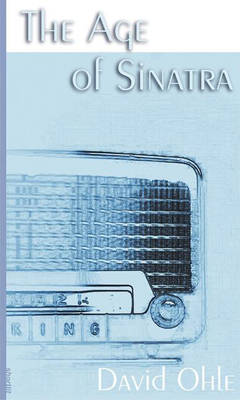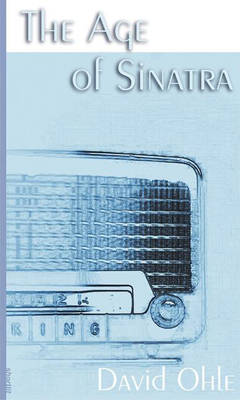
- Afhalen na 1 uur in een winkel met voorraad
- Gratis thuislevering in België vanaf € 30
- Ruim aanbod met 7 miljoen producten
- Afhalen na 1 uur in een winkel met voorraad
- Gratis thuislevering in België vanaf € 30
- Ruim aanbod met 7 miljoen producten
Zoeken
Omschrijving
After the most recent Forgetting, Ohle's luckless protagonist Moldenke is in possession of only his name and the bare facts of his former life. He finds himself cruising on the Titanic through a bizarre alternate reality where elective deformation is a fashion trend, neuts and human settlers do their best to live together in relative harmony, and the only available sustenance is stomach-churning fare. Everyone agrees the Stinkers are troublesome and something must be done. President Ratt not only fails to control the Stinker problem, but he also has a penchant for decreeing absurd laws and issuing random vouchers of innocence. Violators with valid vouchers defer their punishments to guiltless bystanders--regulations that land Moldenke and his fellows in prison more than once.
Rumours are circulating that another Forgetting is imminent, and that the Forgettings are induced by Ratt's radio broadcasts. The prison guard Montfaucon emerges as Ratt's political rival, and Moldenke, ever the yes-man, finds himself inadvertently involved in a plot to assassinate the president. The rebels hope to return to the Age of Sinatra, when happiness was not only considered achievable, but hailed as the ideal state of being.
Rumours are circulating that another Forgetting is imminent, and that the Forgettings are induced by Ratt's radio broadcasts. The prison guard Montfaucon emerges as Ratt's political rival, and Moldenke, ever the yes-man, finds himself inadvertently involved in a plot to assassinate the president. The rebels hope to return to the Age of Sinatra, when happiness was not only considered achievable, but hailed as the ideal state of being.
Specificaties
Betrokkenen
- Auteur(s):
- Uitgeverij:
Inhoud
- Aantal bladzijden:
- 169
- Taal:
- Engels
- Reeks:
Eigenschappen
- Productcode (EAN):
- 9781932360325
- Verschijningsdatum:
- 22/07/2004
- Uitvoering:
- Paperback
- Formaat:
- Trade paperback (VS)
- Afmetingen:
- 115 mm x 192 mm
- Gewicht:
- 145 g

Alleen bij Standaard Boekhandel
+ 33 punten op je klantenkaart van Standaard Boekhandel
Beoordelingen
We publiceren alleen reviews die voldoen aan de voorwaarden voor reviews. Bekijk onze voorwaarden voor reviews.











